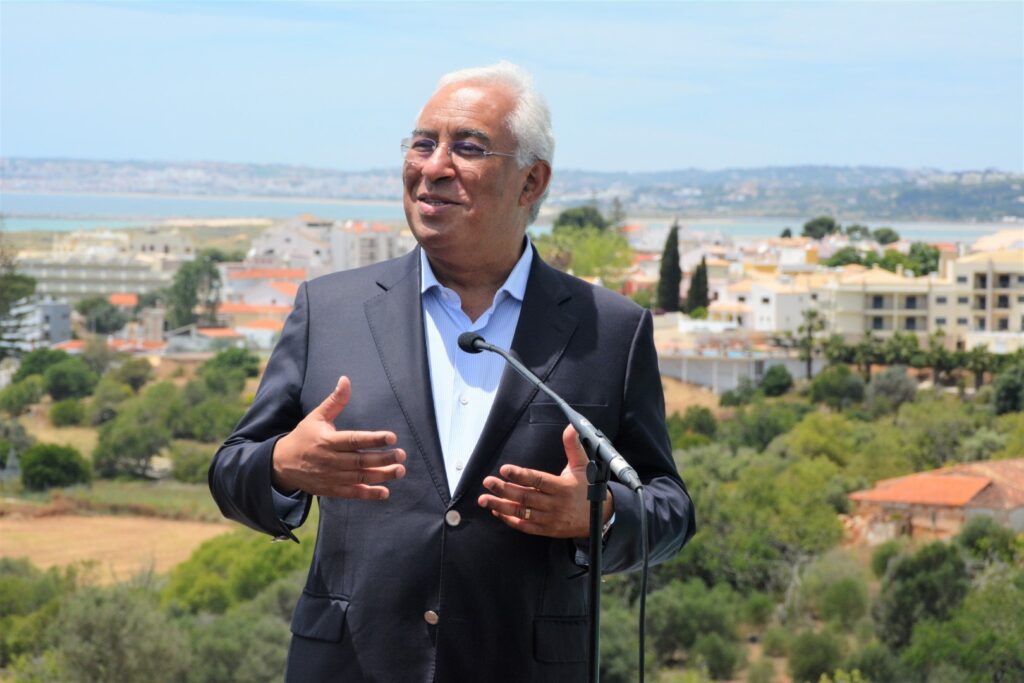The prime minister is preparing to announce this Thursday, 23 September, the lifting of a set of restrictions that were in force because of Covid-19, with effect from 1 October to avoid "confusion" with the elections Sunday councils.
"There are sanitary conditions to move forward with confidence to the new phase foreseen since July in the Government's plan, but we do not want any accusation of electoralism," a member of the executive told the Lusa agency, after being asked about the reason for the relief measures to to approve in the Council of Ministers do not come into force already at midnight on Saturday, but only on 1 October.
On the eve of the Council of Ministers, which is expected to introduce one of the biggest restrictions relief in recent months, the idea in the executive is to talk about a "turning moment", or "moment of confidence", but avoid the import of "slogans". » British as «Day of Liberation».
"We are in the process of a turning point, not because Covid-19 disappears, but because, thanks to vaccination, the pandemic can be considered controlled," said António Costa, as secretary general of the PS, in Valongo, district Porto, in an allusion to the measures that will be approved this Thursday by the Council of Ministers.
This lifting of restrictions – provided for in phase three of the Government's plan – takes place at a time when Portugal is approaching having 85% of the population vaccinated, recording a solid trajectory of decline in the incidence rate of infections (currently at 137,4 cases per 100 thousand inhabitants) and in which the transmission rate is below 1, more precisely at 0,82.
As provided for in the executive plan, at this stage three, there are no longer maximum limits for the number of people in groups inside restaurants, cafes, patisseries and terraces, as well as the capacity limits for establishments, cultural shows and family events.
Another almost certain change will be the reopening of bars and clubs, although customers can only enter if they present a vaccination certificate or a negative Covid-19 test.
Despite these advances, the Government also emphasizes the importance of transmitting a message of prudence on the need to maintain a high level of individual responsibility in terms of adopting behaviors that prevent the spread of Covid-19.
In this sense, the Minister of Health, Marta Temido, warned that the mask should be kept in closed spaces or where it is not possible to preserve the advisable social distance.
In an allusion to the results of the meeting with experts, at Infarmed, in Lisbon, last week, Marta Temido said: «The recommendation they left us was the personal and organizational risk assessment, but in the sense of using a mask indoors and in context where it is not possible to maintain other distance measures, although it is possible to use acrylics or other barrier devices in closed spaces», he said.
According to a source in the executive, the question of whether or not to maintain the legal obligation to use the mask in closed public spaces is one of those that are still open in relation to the Council of Ministers this Thursday.
"It is a question to discuss whether there is a maintenance of the obligation, or if there is an obligation in some situations, such as, for example, in public transport, or even if the wearing of a mask is seen as a duty from a civic point of view ", he said.
At tomorrow's meeting of the Council of Ministers, the Government will also take the first step in the "cleaning operation" of rules, regulations and diplomas that were exceptionally approved over the last year and a half of the Covid-19 pandemic.
With regard to this legislative cleaning operation, the Government highlights its complexity, noting that restrictions or sanitary measures imposed in times of confinement are not only being identified, and that it no longer makes sense to be in force.
"We are going through a wide range of exceptional norms that were adopted in times of exceptionality and that cease to make sense when the country moves towards normality", added a member of the executive.



















Comments